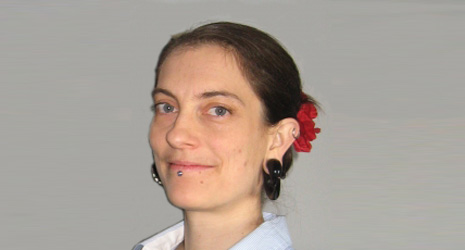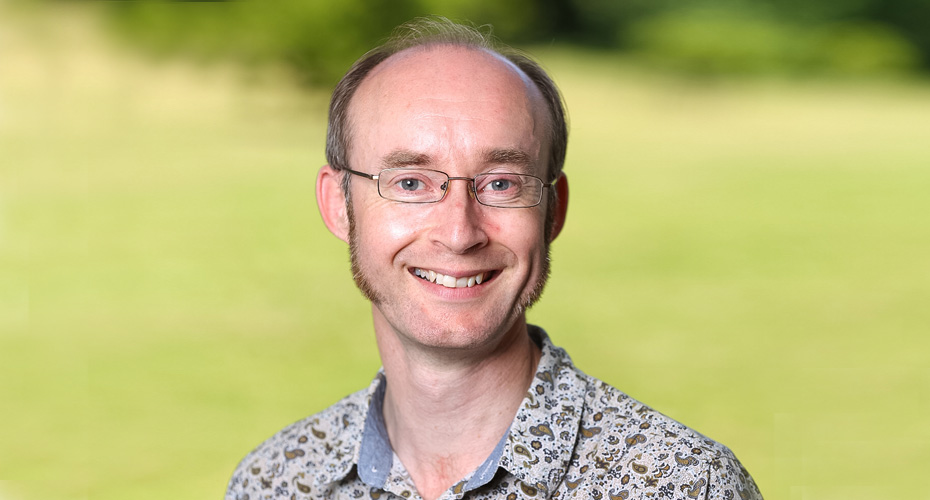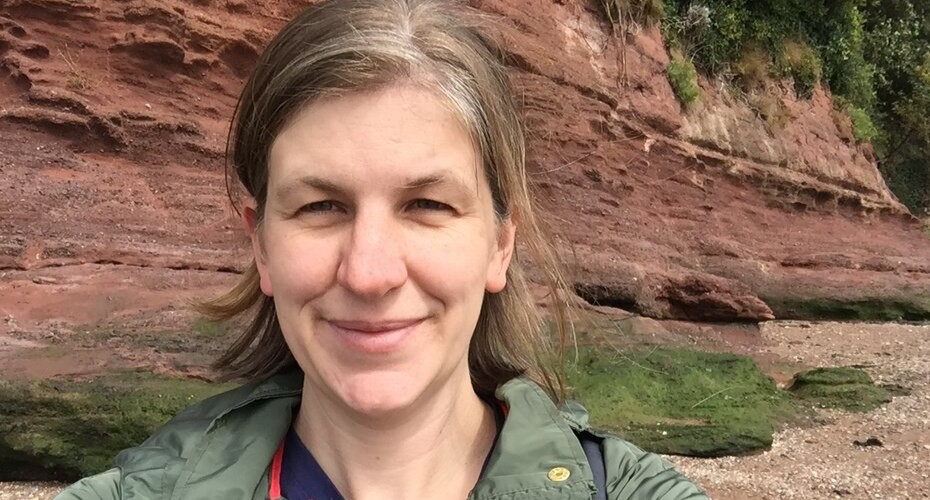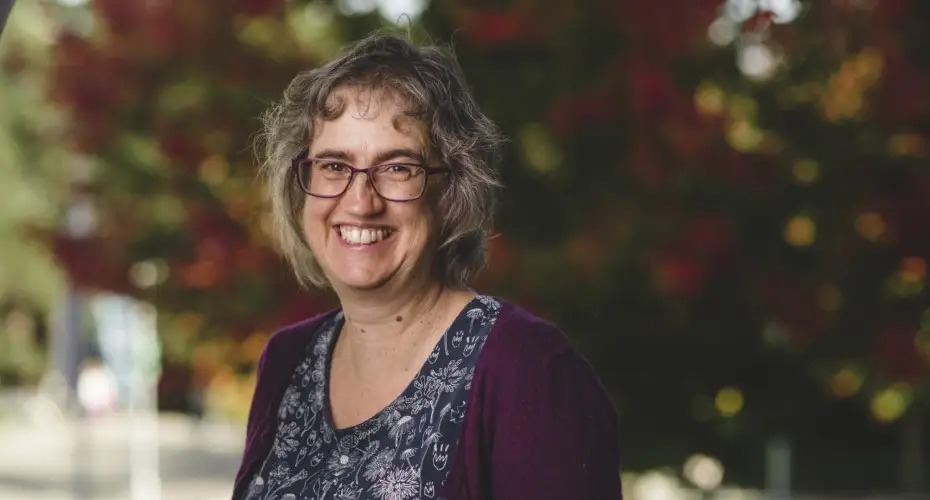Biosciences Diversity, Inclusion, Culture and Equality (DICE) Committee
The Biosciences Equality, Diversity and Inclusivity Committee was established in July 2012, and was formerly referred to as the Athena SWAN Working Group. Its title and terms of reference were updated in January 2016 (reviewed annually), in response to the Athena SWAN Charter’s updated and expanded principles.
In 2023 following the departmental Cultural Review it was decided to add Culture to the name of the committee, revising the name to: Diversity, Inclusion, Culture and Equality (DICE) Committee.
Our mission
The Diversity, Inclusion, Culture and Equality Committee’s mission is to create and mainstream sustainable structural and cultural changes within Biosciences and the University, to create a better working environment for all and attract the best staff and students from all over the world, through advancing and supporting equality, respecting and valuing diversity, and promoting an inclusive working culture and environment.1
1. The committee recognises that whilst good policies benefit all, bad policies disproportionately affect women.
a. Receive and encourage feedback from staff and students, with the committee being a focus point to bring equality, diversity and inclusivity (EDI) related issues for discussion.
b. Assess and analyse the basis of and best route for EDI-related actions to be created and embedded within the Department. This can include but not be restricted to undertaking further qualitative and quantitative analysis: consulting with staff and
students in the Department on issues identified.
c. Respond to the identified barriers to EDI within the department, in particular those related to the 2010 Equality Act’s protected characteristics2, by creating and undertaking actions to support and empower staff and students in their working environment.
d. Measure the impact of the committee’s actions in part through overseeing the planning and submission process for future equality focused Departmental accreditations e.g. Athena SWAN3, and supporting University level equality accreditations where possible i.e. Race equality charter, Stonewall, Two Ticks, Mindful Employer and Time to Change.
e. Uphold the department commitment to the Athena Swan charter.
f. Implement, monitor and update the Departmental Athena SWAN Action Plan, assigning actions to individual leads on the team. On leaving the committee, members are responsible for officially handing over their actions to alternative members of the group.
g. Support the implementation, monitoring and updates of the Department Cultural Review Action Plan.
h. Learn best practice in EDI policies from other Universities and Departments.
i. Disseminate information about EDI throughout the Department and liaise with other STEMM Departments and the wider University on the actions the Department is taking.
j. Champion the Wellbeing resources and relevant training opportunities available to staff and students e.g. women-only leadership training programmes, such as Aurora, Springboard, and 100 Black Women Professors.
k. Promote relevant formal networks and schemes within the University such as the Dignity and Respect Advisors, Early Career Researcher Networks, mentoring opportunities, LGBTQ+ Network, and Parent and Carer Network.
l. Director of EDI will sit on the Department Leadership Team to ensure that diversity, inclusivity, culture and equality are at the heart of the department’s activities.
2. Gender, sexual orientation, age, race, religion or belief, gender reassignment, pregnancy and maternity, marriage and civil partnership
3. The committee should recognise that while everything within a written Athena SWAN application should be considered through the primary lens of gender, other factors that shape people’s identity and therefore their experience within the institution should not be ignored.
Membership will be drawn from the existing student and staff population with representation from:
- An undergraduate Equality, Diversity, Inclusion and Wellbeing (EDIW) representative on the Staff Student Liaison Committee (SSLC) who will feed back to the DICE committee via the Undergraduate / Education Leads.
- Postgraduate student
- Members of staff from each of the three academic job families: Education and Research, Education and Scholarship, and Research (ideally spanning grades and career stages).
- Part-time member of staff
- Director of EDI
- Head of Department
- Technical Services Representative
- Professional Services Representative
- Representation from the multiple locations of the Biosciences Department at Streatham Campus
- A representative from the Department’s Research Committee
- A representative from the Department’s Education Committee
- A representative from the Department’s Early Career Research Network
- Guest members from other Department, College and/or Professional or Technical Services staff as may, from time-to time, be relevant.
Membership will be reviewed biannually to ensure representation from all groups. Recruitment of new members to the group will be via self-nomination, following publicity sent to students and staff by email. Aside from core members, staff are expected to serve on the committee for a period of at least 24 months. Students, PGRs and ECRs are expected to serve for at least 1 year.
In addition to any specific actions which may be asked of them, members of the group are all asked to disseminate information from the group, consult with colleagues/peer group in their relative area.
Members are expected to attend, or feed into if cannot attend, at least two committee meetings per year either in person or online.
The group will aim to meet termly (three times per year). A full minute of the meeting will be taken and reported to the Faculty Wellbeing, Inclusion and Culture Committee (WICC).
Committee members
Below you can meet our committee members and see their roles in the Athena SWAN self-assessment team (SAT). Details include gender identity (F=Female, M=Male, NB = Non-binary), Education and Research (E&R) or Education and Scholarship (E&S) roles, committee-joining date, and if member volunteered or roles are Part of Duties.

Orly Razgour (F)
EDI roles: Biosciences - Director of EDI; Athena SWAN Core Group Lead; Faculty Wellbeing Inclusion and Culture Committee (SAT Chair)
Committee joining details: Full time Senior Lecturer (E&R). Experience of caring responsibilities. Part of Role Duties: 01/09/2022

Prof. James Wakefield (M)
EDI roles: Co-HoD, Education and Scholarship
Committee joining details: Full-time Professor (E&R) and Head of Department. Experience of caring responsibilities. Part of role duties: 01/07/2017.

Dr Bonnie Fraser
EDI roles: Director of PGRs, Education and Scholarship
Committee joining details: Full-time Senior Lecturer (E&R); Director of Postgraduate Research. Part of role duties: 02/08/2023

Steph Brown
EDI roles: Dept. Manager, Education and Scholarship

Dr Alison Hill (F)
EDI role: Education and Scholarship
Committee joining details: Full time Senior Lecturer (E&S) and Senior Tutor. Experience of caring responsibilities, flexible working and career breaks. Volunteered: 01/09/2014.

Dr Andrew Griffiths (M)
EDI role: Education and Scholarship
Committee joining details: Part time Lecturer (E&S) and Senior Tutor. Volunteered: 01/09/2022.

Dr Helen Eyles (F)
EDI roles: Education and Research
Committee joining details: UKRI Future Leaders Fellow. Volunteered 19/06/2017.

Tech Op manager

Jennifer Finlay (F)
EDI role: Technical Services (SAT)
Committee joining details: Full time Laboratory Manager - Research Facilities (ARC).
Volunteered 09/10/2023

Joy Richards (F)
EDI roles: Professional Services
Committee joining details: Part time Professional Services, Department Administrator
Experience of caring responsibilities and flexible working. Part of role duties: 08/01/2019

Neil Lyne
EDI roles: Professional Services

Michelle Michelsen (F)
EDI Role: PGR Representative
Committee joining details: Full time Postgraduate Research. Volunteered: 26/09/2023



